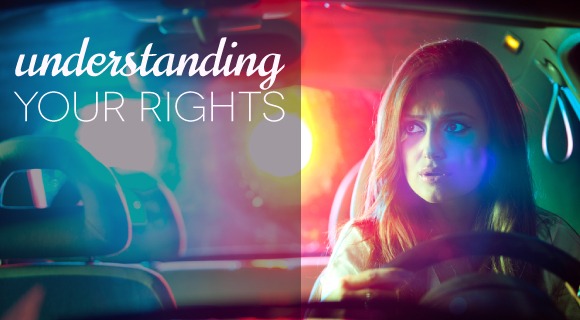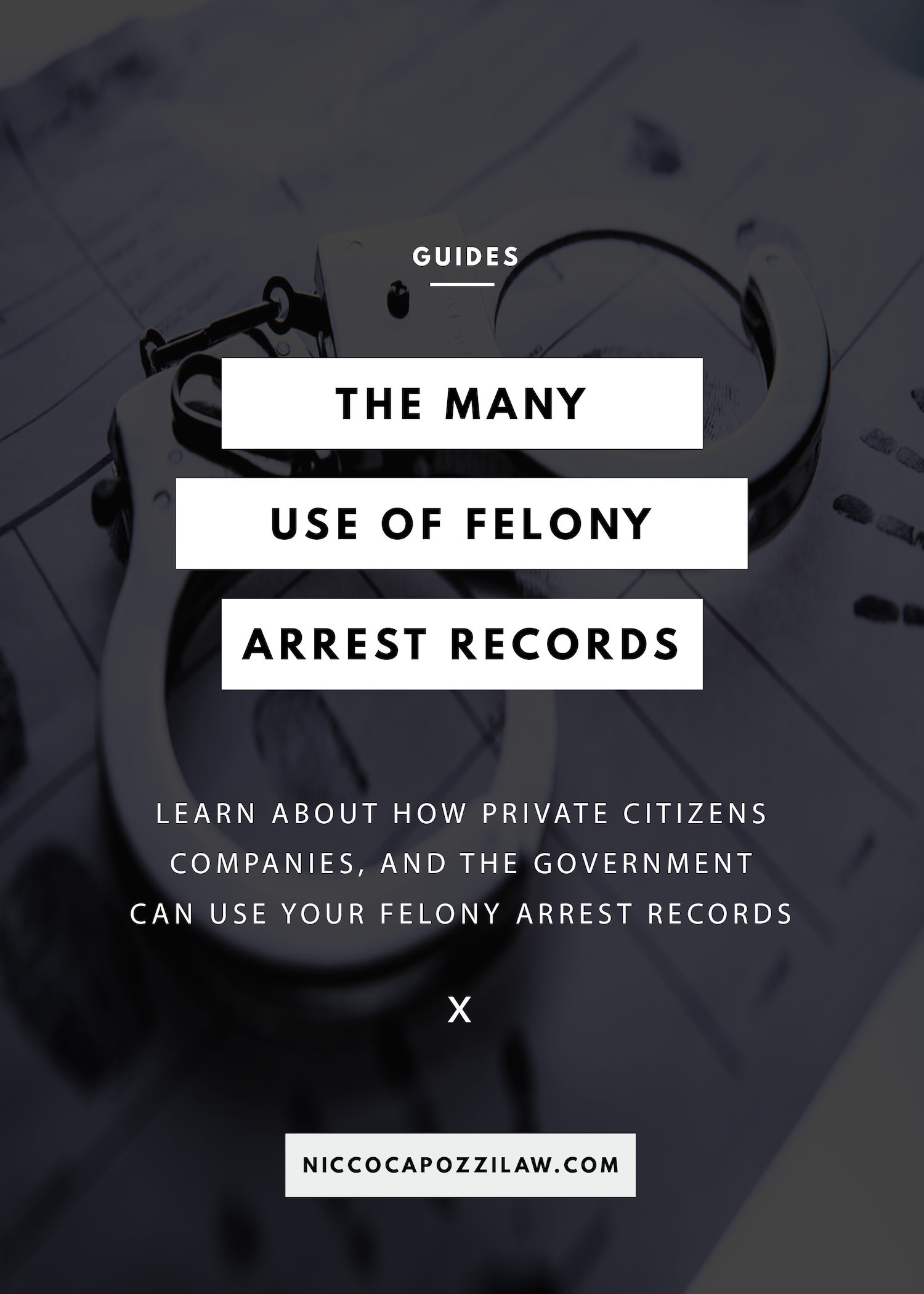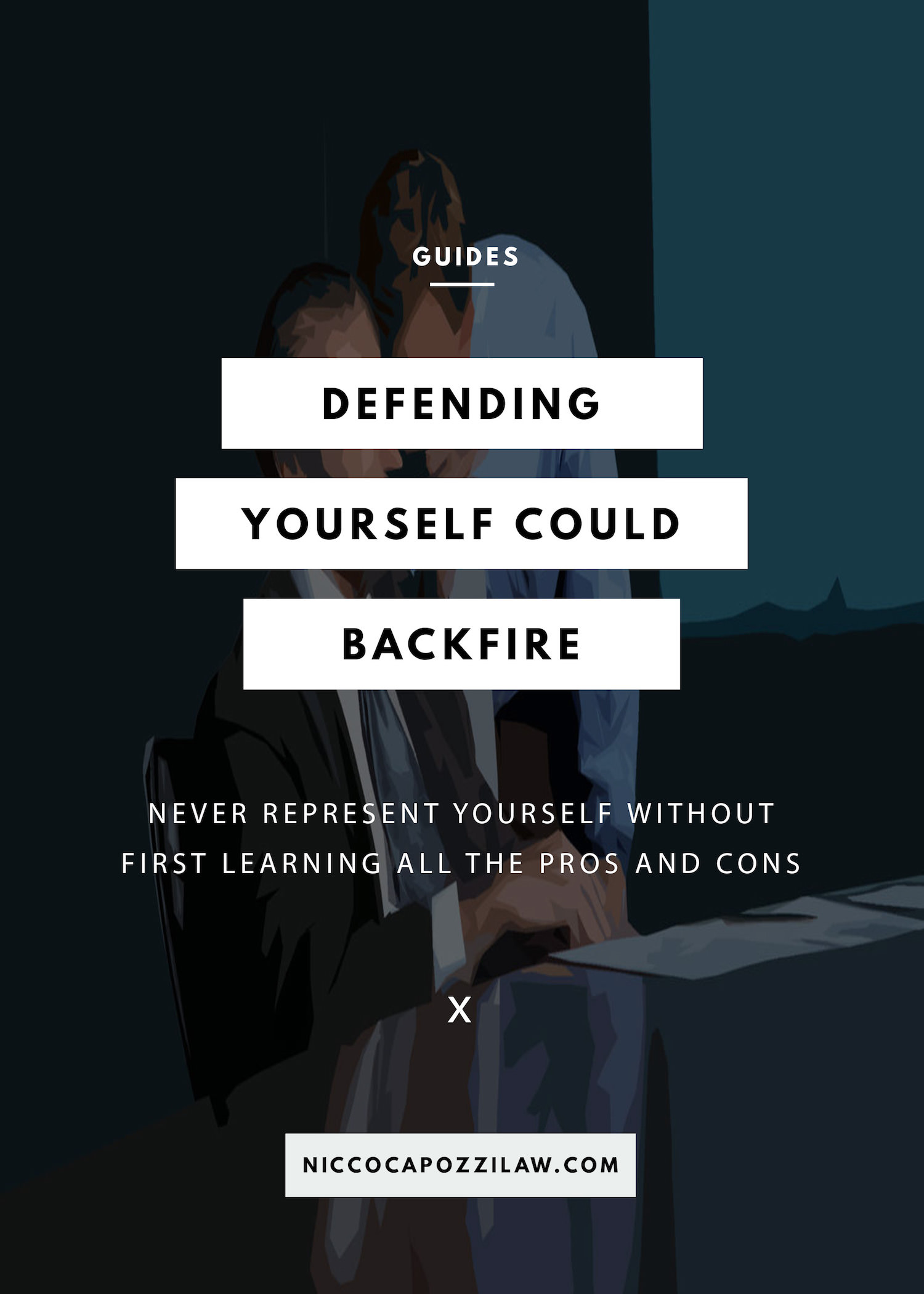Police officers must respect your rights. If your car was searched, the officers need to prove they were justified in both stopping you and searching your vehicle. If they can't, your charges could be dropped.
Normally an officer needs a warrant to search you or your property, but cars are an exception. An officer needs only your consent or probable cause to search your vehicle.
What is probable cause?
Unfortunately, there is no official standard for what constitutes probable cause. It's up to the officers' discretion. If they have a good reason to suspect that you're committing a crime, they could search your car. Some examples of probable cause include:
- You're acting nervous or suspicious (pulsing veins, sweating, stammering).
- You and a passenger give stories that don't match.
- You admit to committing a crime.
- They see drugs, weapons or other contraband in the car.
- They notice suspicious smells coming from inside your vehicle.
- You match a description of a reported vehicle or suspect.
- A "hunch" is not a form of probable cause!
What do I do if the officer asks to search my car?
You can say, "I do not consent to a search." This is one of your constitutional rights. If you give any form of verbal consent, anything the officers find in your car can be used to bring charges against you. Ask the officers if you are free to go. If they say that you are being detained on a charge, ask to speak to a lawyer.
If an officer illegally searches your car and issues charges against you, you can challenge this in court later. All cases are unique, and a criminal attorney can help determine if the officers overstepped their bounds.






